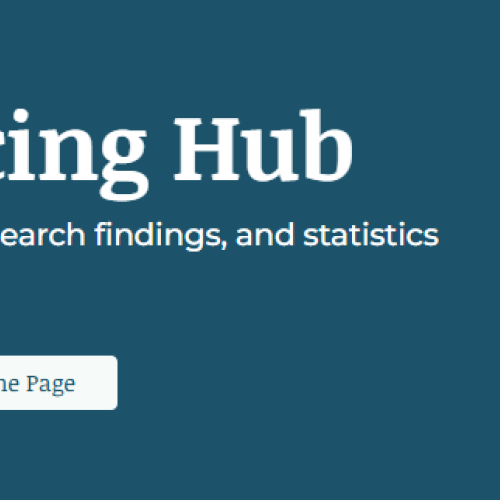To shape the Big Lottery Fund’s strategy for £4billion of funding from 2015-21, the Big Lottery launched the campaign Your Voice | Our Vision (http://yourvoiceourvision.org.uk) to encourage people to contribute their view across four themes. These included: Vibrant Communities, Addressing Disadvantage, Working Together and Stronger Sector. Jessica Plant the Arts Alliance Manager at Clinks contributed the following blog:
Arts and cultural equality for all - including people in prison
There needs to be funding to ensure that people in prison and those on community sentences, who are one of the most disadvantaged groups in our community, have access to arts and cultural experiences as a springboard to positive change and to bring about equality in society.
There is clear evidence to suggest that arts activity of all kinds can support offenders to change behaviour and ultimately desist from crime. The arts are a vital engagement tool for people in criminal justice settings, equipping them with new skills and confidence to re-enter society. They enable people to make lasting behaviour change and form new positive identities, providing often excluded and isolated individuals an opportunity to become artists, makers, theatre goers and citizens within their communities.
“Art gives us prisoners an opportunity to show that there is more to us than the crimes we’ve committed” (prisoner).
The arts also help prisoners cope with their sentence, providing new strategies for resilience and wellbeing:
“There’s no doubt that creative writing has made me a calmer more reflective person, whereas before I was more impulsive, which is part of the reason I got into trouble in the first place” (prisoner).
Most people in prison stay for less than 12 months and come back into our communities with complex needs relating to discrimination in finding work, accommodation, drugs and alcohol and family breakdown. Innovative arts programmes can support all offenders - women, young people, and those from BAME backgrounds, to make positive life choices and should be placed at the heart of rehabilitation.
Why is this important?
At the moment access to arts and creative opportunities very much depends on whether there happens to be local innovative provision, such as Geese Theatre Company (www.geese.co.uk) in the West Midlands, or even on whether or not prison governors think it’s a good idea. It is not generally based on evidence or need. There should be arts and creative opportunities for offenders in all institutions.
Arts for offenders is also marginalised because of its unpopularity with the public and mainstream media. Cuts from government departments including the Ministry of Justice, who are currently implementing new whole scale reforms, which aim to make drastic savings, alongside reduced spending from the Arts Council England means this area of innovation is becoming increasingly at risk. This means that those most in need of creativity are increasingly on the fringes.
Supporting people in prison and those on community sentences to find a voice through the arts has a massive impact that goes way beyond statutory service provision. It impacts not only individuals, but communities and society at large, fostering new ideas, acceptance and cultural understanding. This is because the arts have an additional quality and unique interface, which cannot be underestimated -exhibitions and performances which feature work from offenders help to breakdown stereotypes of what people with a criminal record are capable of.
This can have transformative effects on audience and artist, especially when they take place in public spaces such as the Southbank Centre, which hosts the annual Koestler Awards (www.koestlertrust.org.uk). These awards have over 8000 entries from prisoners across all arts, and are viewed by over 10,000 members of the public. As one prisoner put it:
“Acceptance of the work and approbation as the equal of other authors and artists is an affirmation that we too have good within us. I suggest that this might have more of a rehabilitating effect than any certificate or employability criteria” (prisoner).
- How do you think we can encourage funding for arts projects for offenders?
- What do you think about the Big Lottery consultation process and what do you think they should focus their funding strategy on?
- How can we place innovative arts programmes at the heart of rehabilitation?
What's new
Publications
Latest on X
The role is for a leader from an organisation focused on racially minoritised people, with expertise in service delivery, policy, advocacy, or related areas in criminal justice. Racial disparities are present at every CJS stage. This role ensures these voices are central in shaping policy to help address and eradicate them. Apply by Mon 18 Nov, 10am. More info: https://www.clinks.org/voluntary-community-sector/vacancies/15566 #CriminalJustice #RR3 #RacialEquity

